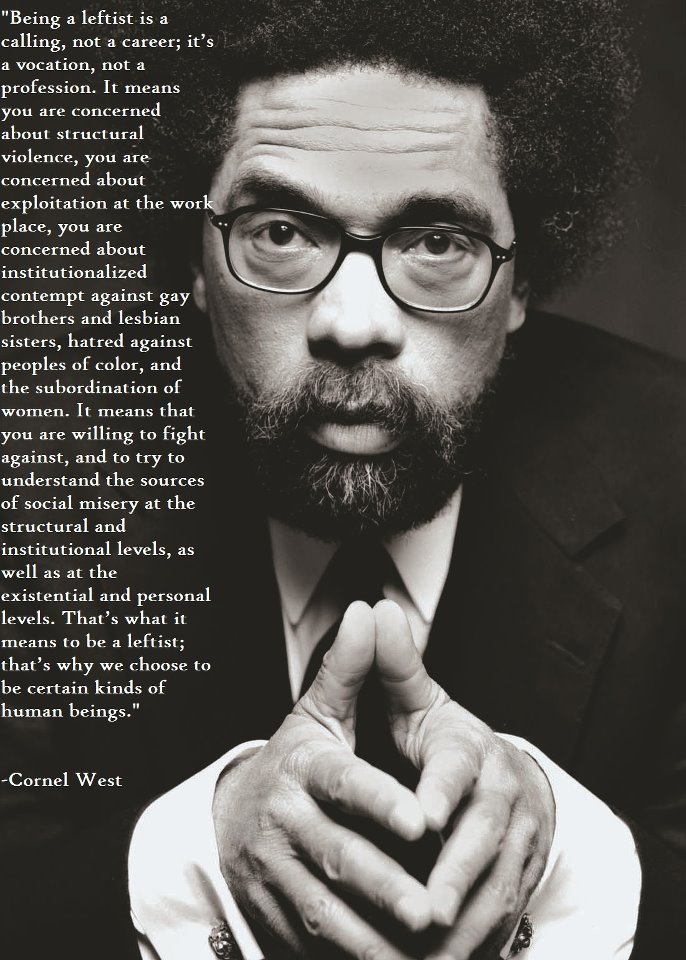One of the quickest and simplest ways to gloss what “Left-Libertarian,” or the “Libertarian Left” part of ALL, means, is just to say that we are for left-wing social ends through libertarian means.
This inevitably involves a certain amount of oversimplification — does “through libertarian means” just mean “by getting rid of government controls and letting social outcomes emerge spontaneously,” or does it mean something more like “engaging in conscious activism and social organizing to encourage particular outcomes within the context of freed market and civil society?” When we say “left-wing social ends,” is that supposed to mean that the libertarian means are valued only as far as they seem likely get the left-wing goods, or are the non-invasive, anti-authoritarian means supposed to be side-constraints on ends that might possibly count as worthwhile, or do the “libertarian means” really enter directly into the conception of “left-wing social ends” that we’re supposed to be for? Do we ultimately have exactly the same sort of “social ends” that progressives or Marxists or other state-leftists do?
I’m a philosopher by training, and I’ve hardly ever met a conceptual distinction or analytical complication of a question that I didn’t like, so of course I think these are all good questions, and important ones to wrestle with. [1]
But at the end of the day, I think there are some pretty clear pre-analytical ideas about what “left” might mean, and what “libertarian” might mean, that make the formula a useful guide. If you’re wondering what puts the “Left” in “Libertarian Left,” when we’re not for an activist state and when we oppose the effectiveness or the worth of any governmental responses to social or economic inequality, the answer is not just going to be some opportunistic redefinition of “Left” to meet our pre-existing political commitments or some obsolete French seating-chart. The answer is just going to be to point to some fairly straightforward understandings of what it is to value social justice, or what it is to be a Leftist — like this really admirable summary from Cornel West: [2]
. . . Being a leftist is a calling, not a career; it’s a vocation not a profession. It means you are concerned about structural violence, you are concerned about exploitation at the work place, you are concerned about institutionalized contempt against gay brothers and lesbian sisters, hatred against peoples of color, and the subordination of women. It means that you are willing to fight against, and to try to understand the sources of social misery at the structural and institutional levels, as well as at the existential and personal levels. That’s what it means to be a leftist; that’s why we choose to be certain kinds of human beings. . . .
— Cornell West (February 2011),
A Message from Cornel West, for left forum
Again, there’s a certain amount here that’s oversimplified and a certain amount that’s left out. [3] But it seems to me a good start. And an obvious point of contact and call to action for the Libertarian Left — for radical libertarians and radical leftists to take up, think through, express, and act on our concern about developing anti-authoritarian, counter-political, grassroots, consensual, activist alternatives against structural violence — against exploitation in the workplace — against multiple, interlocking and intersecting systems of interpersonal domination and social inequality — and to try understand the sources of social misery on multiple levels, and the intimate interplay between structural and institutional factors, diffuse cultural development, and interpersonal dynamics and existential experience. The “Left” is in “Libertarian Left” because when we work for liberation we Fight the Power. The “Libertarian” is in “Libertarian Left” because we know that the master’s tools will never dismantle the master’s house.
<< Back to the Market Anarchism FAQ page
Notes:
- In case you’re curious, my answers are: it means both of them, and the latter is quite as important as the former; it’s supposed to mean that they are both side-constraints on worthwhile ends and also — because social anti-authoritarianism is itself a left-wing commitment — itself one of the ends to be achieved; and no, at the end of the day we have a broad overlap on some goals and some distinct difference on others, but the differences that we have, we have because libertarian leftists are the more consistent and radical leftists, who don’t just drop our anti-authoritarian and anti-establishment analysis when it comes to professedly “Progressive” or “Popular” or
Revolutionary
authorities, establishments, parties, politicians, elites, or other monopolizations of social capital. - Repeated here thanks to Marja Erwin, and repeated here because its status as a commonplace usage is I think vouched for by the approximately 5,271,902 times the quotation was re-posted across Tumblr.
- In context, West was trying to give an inspiring riff on some key themes, not to make a comprehensive statement of the definition of “Leftist.” (Actually, in context, he was trying to raise money and attendance for the 2011 Left Forum. But the thematic riff was, if a means to that end, not a means only…)








